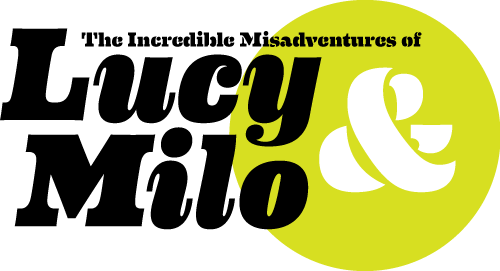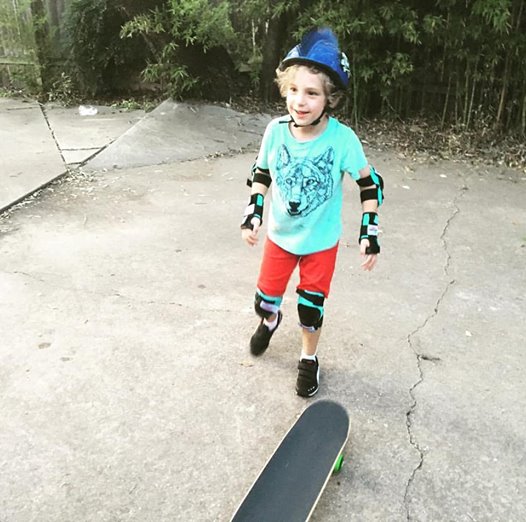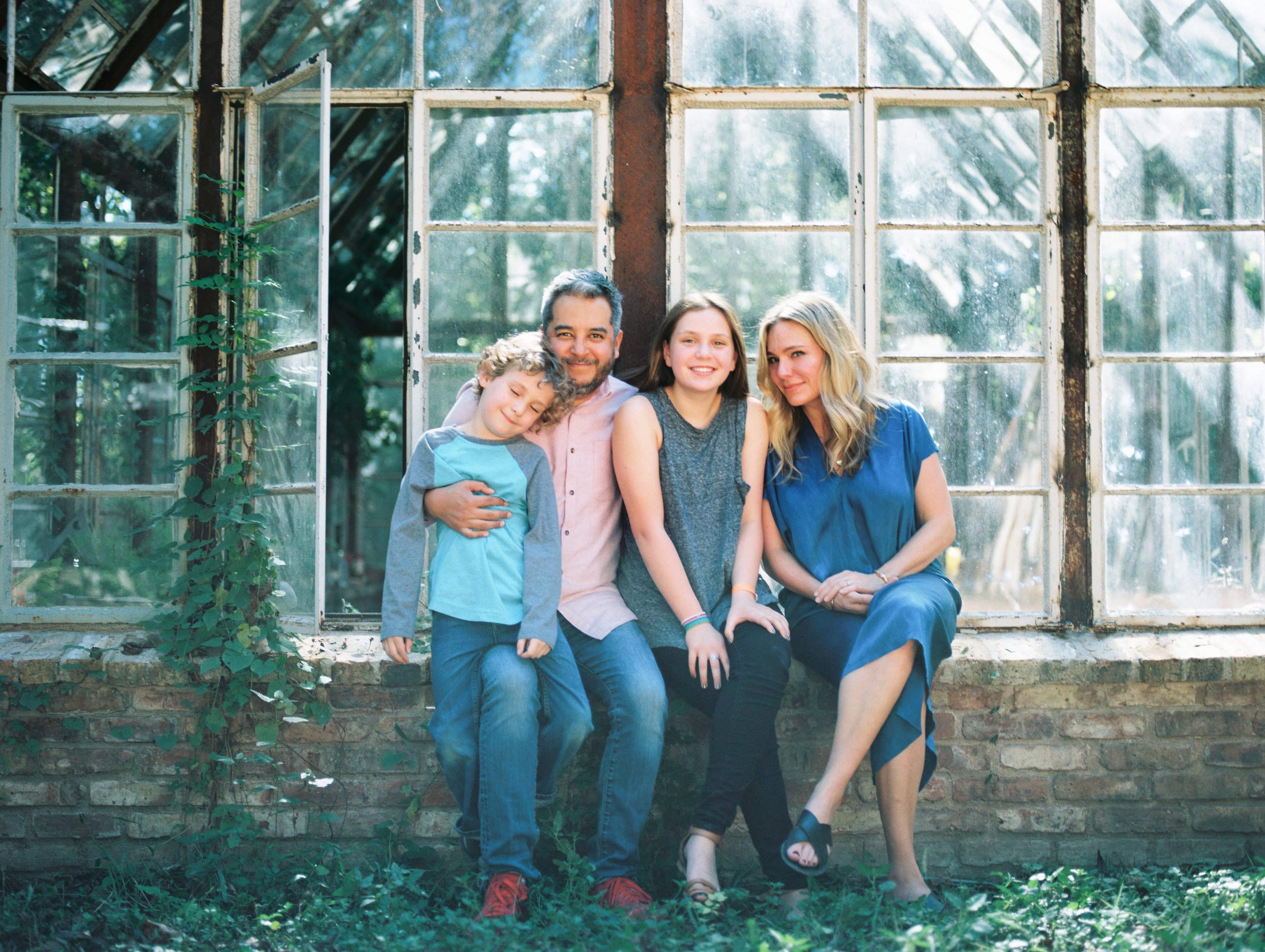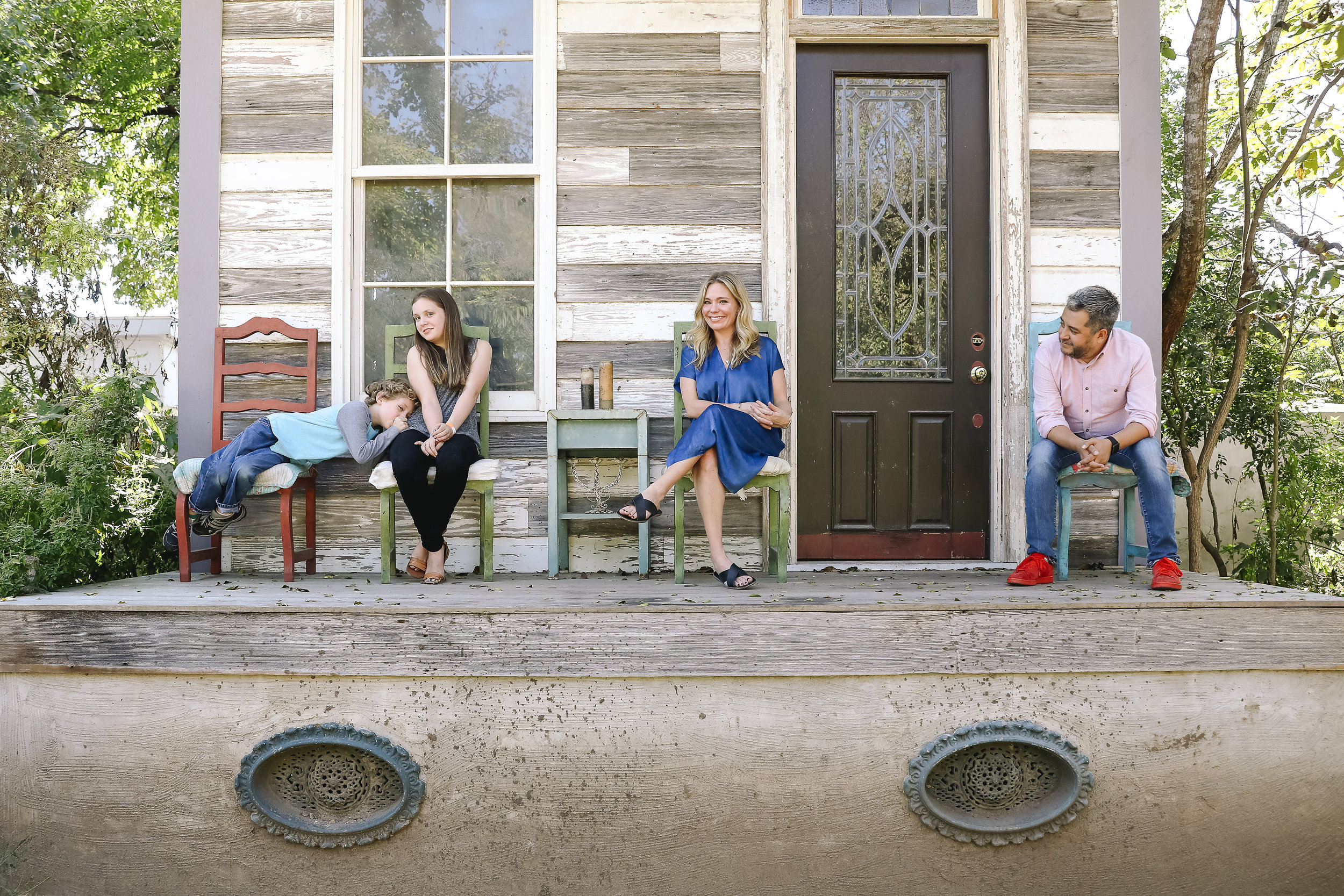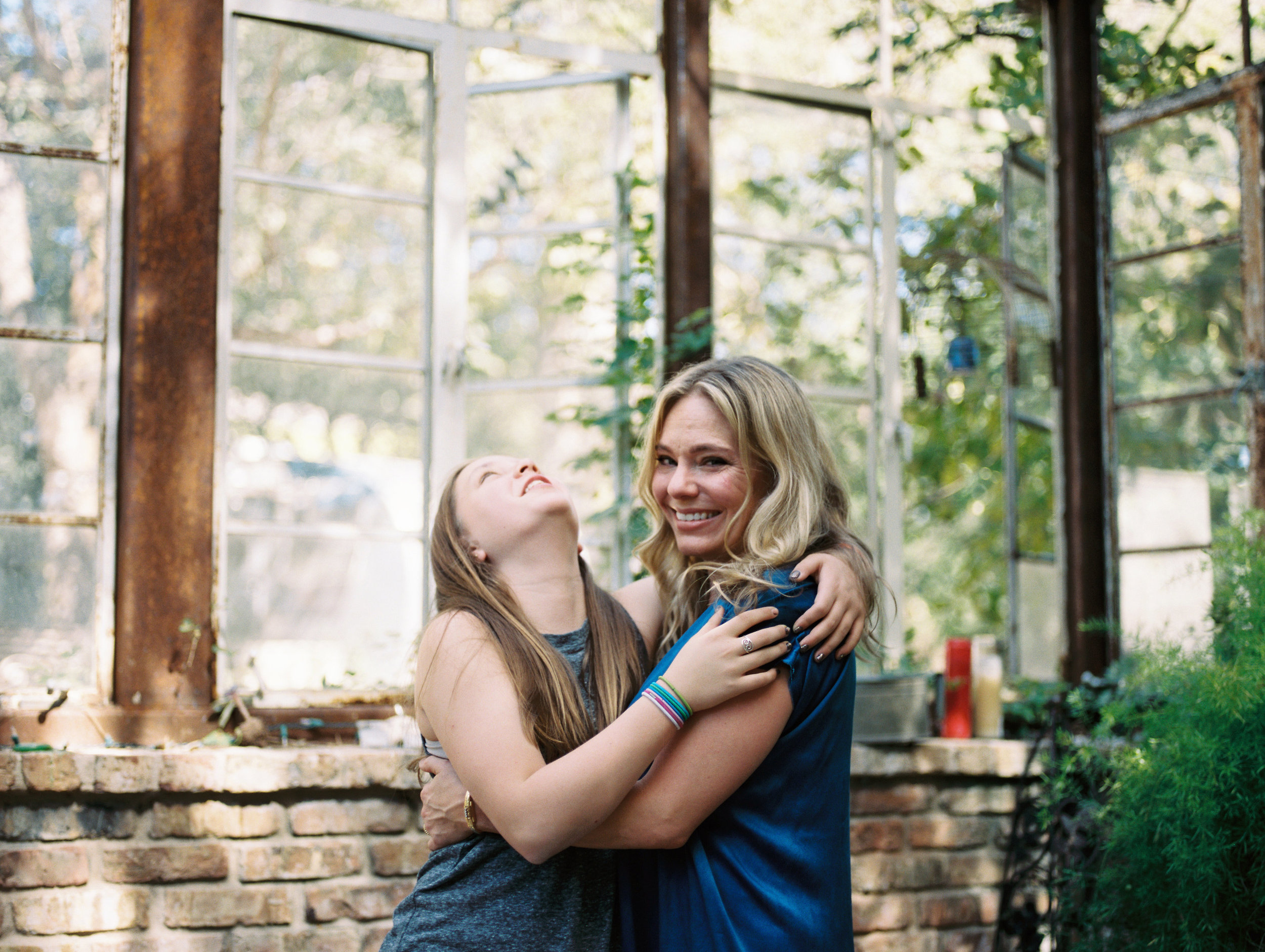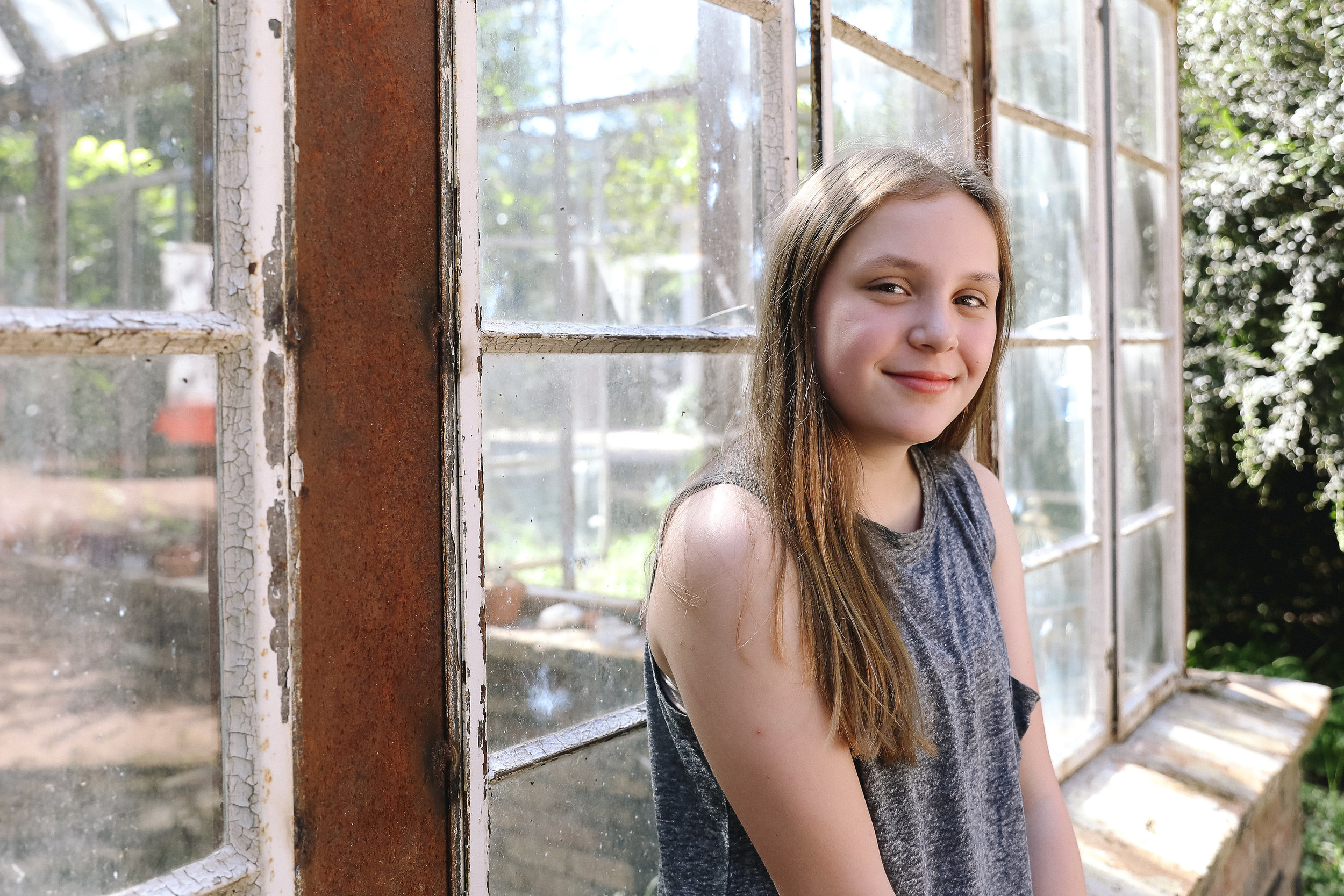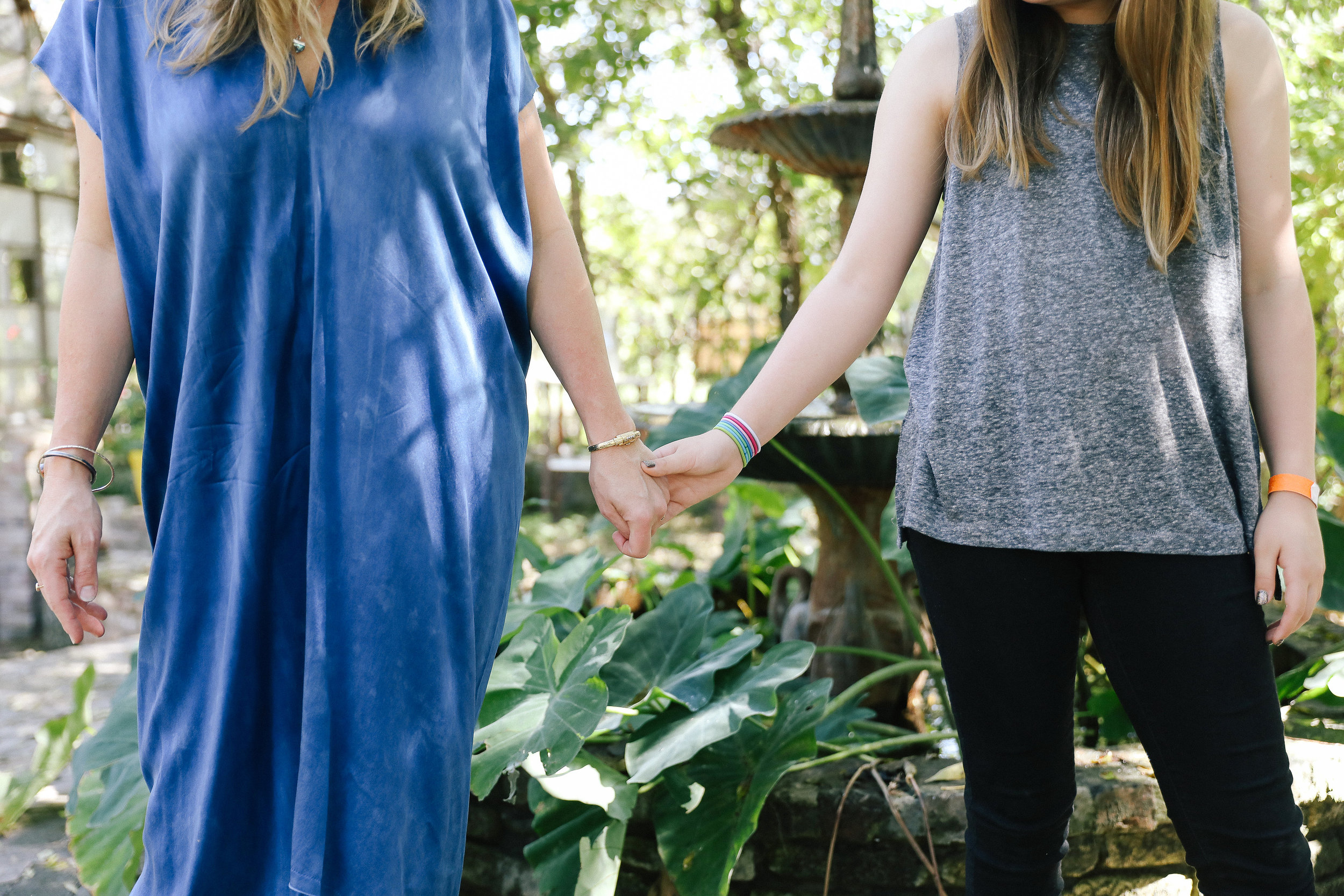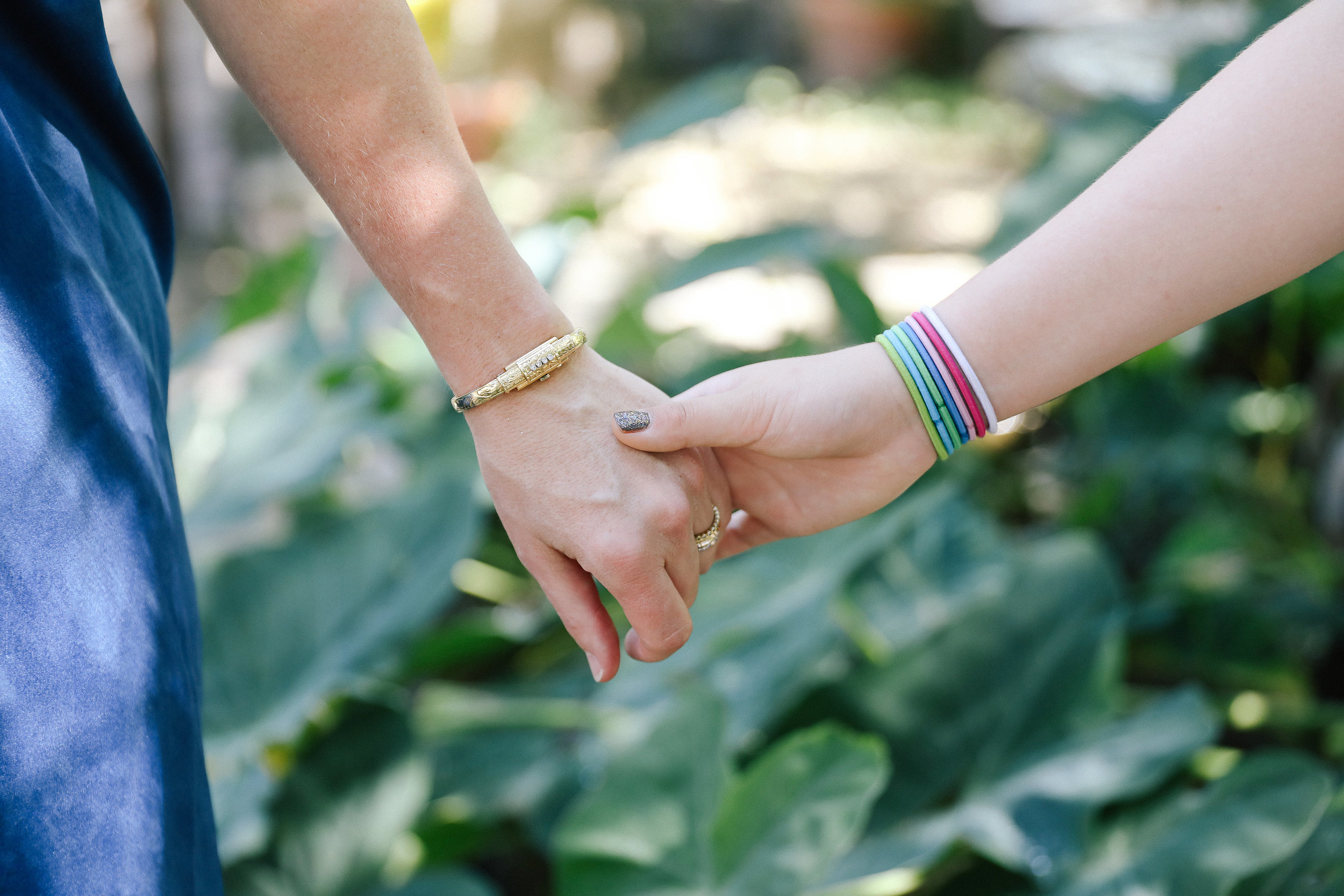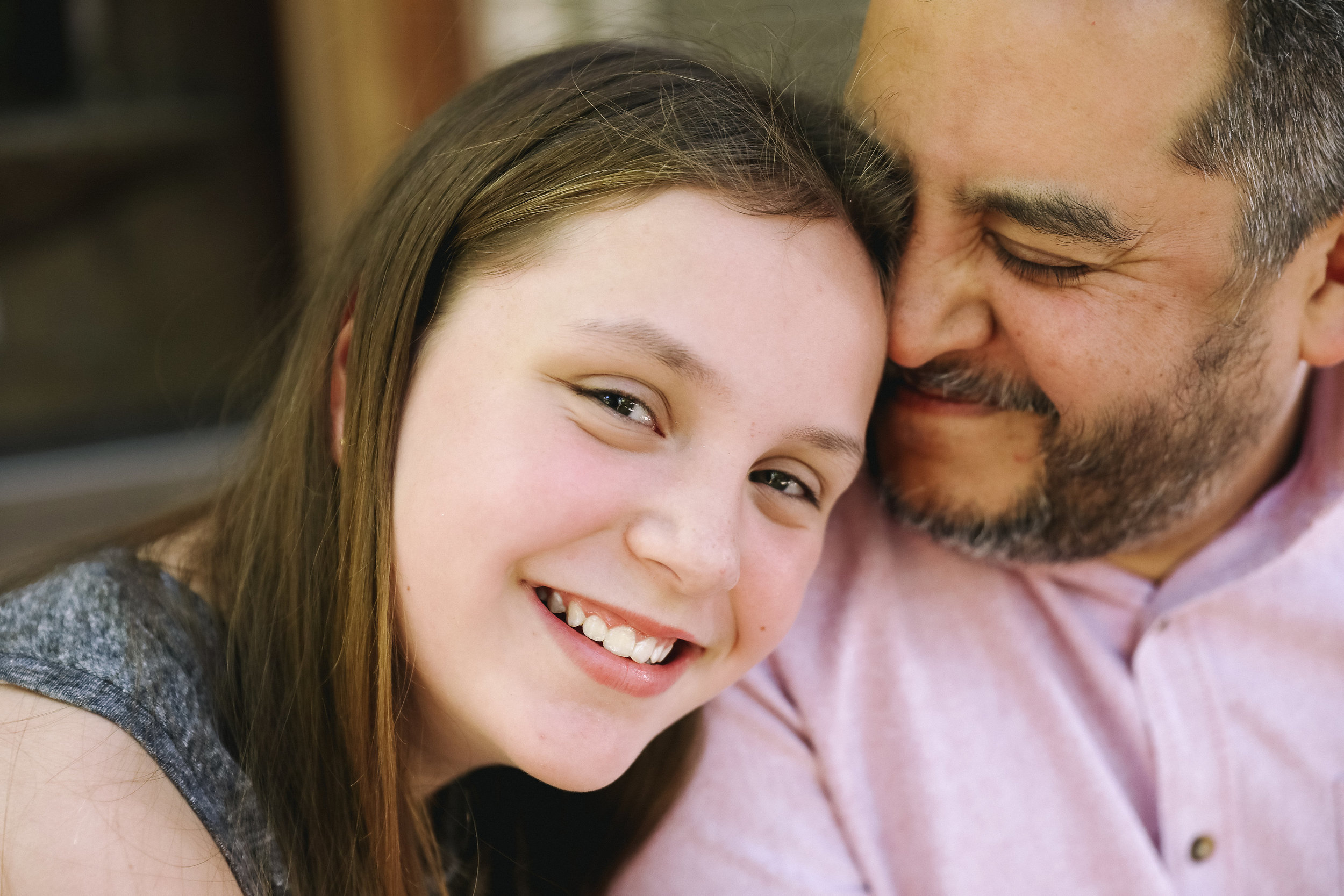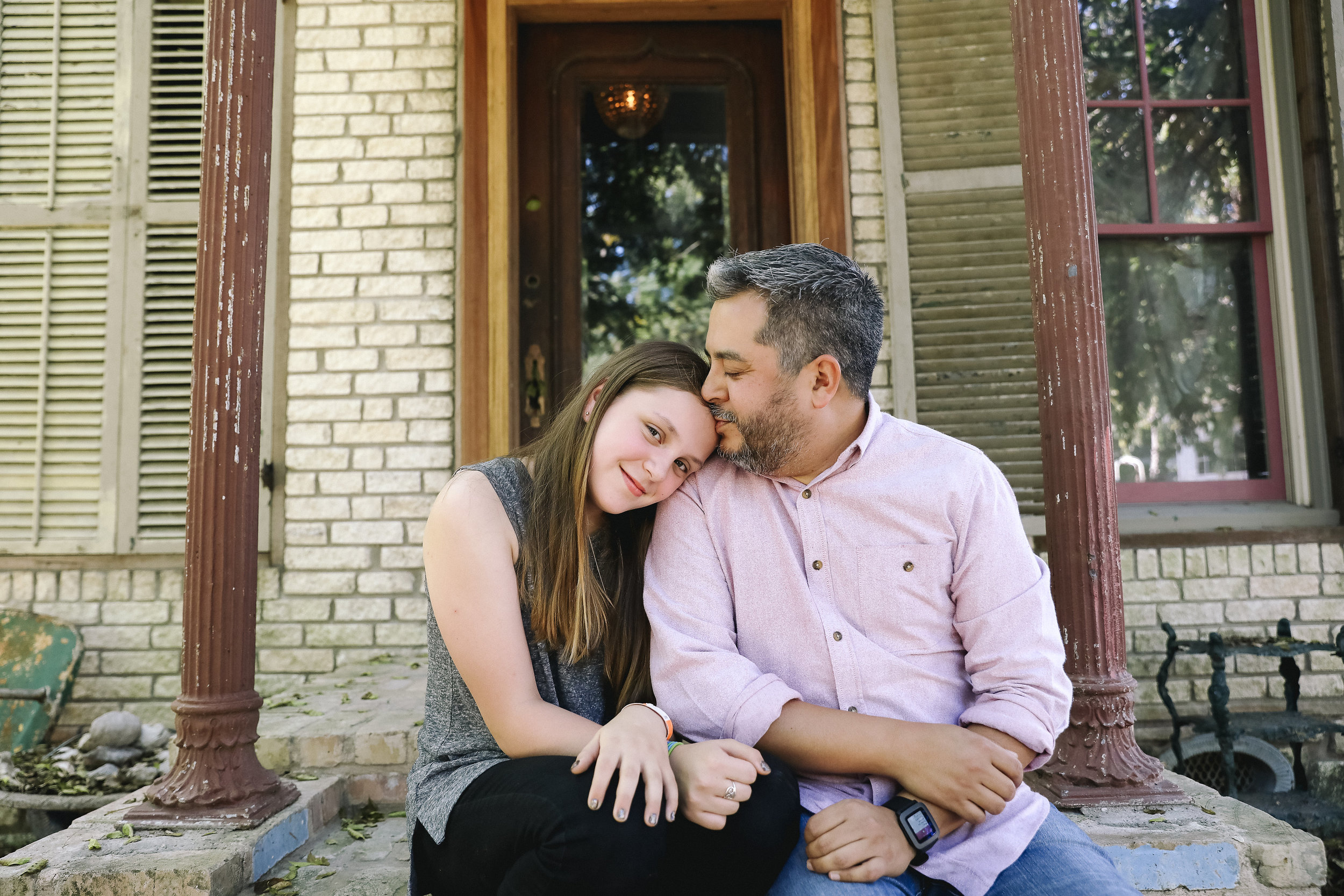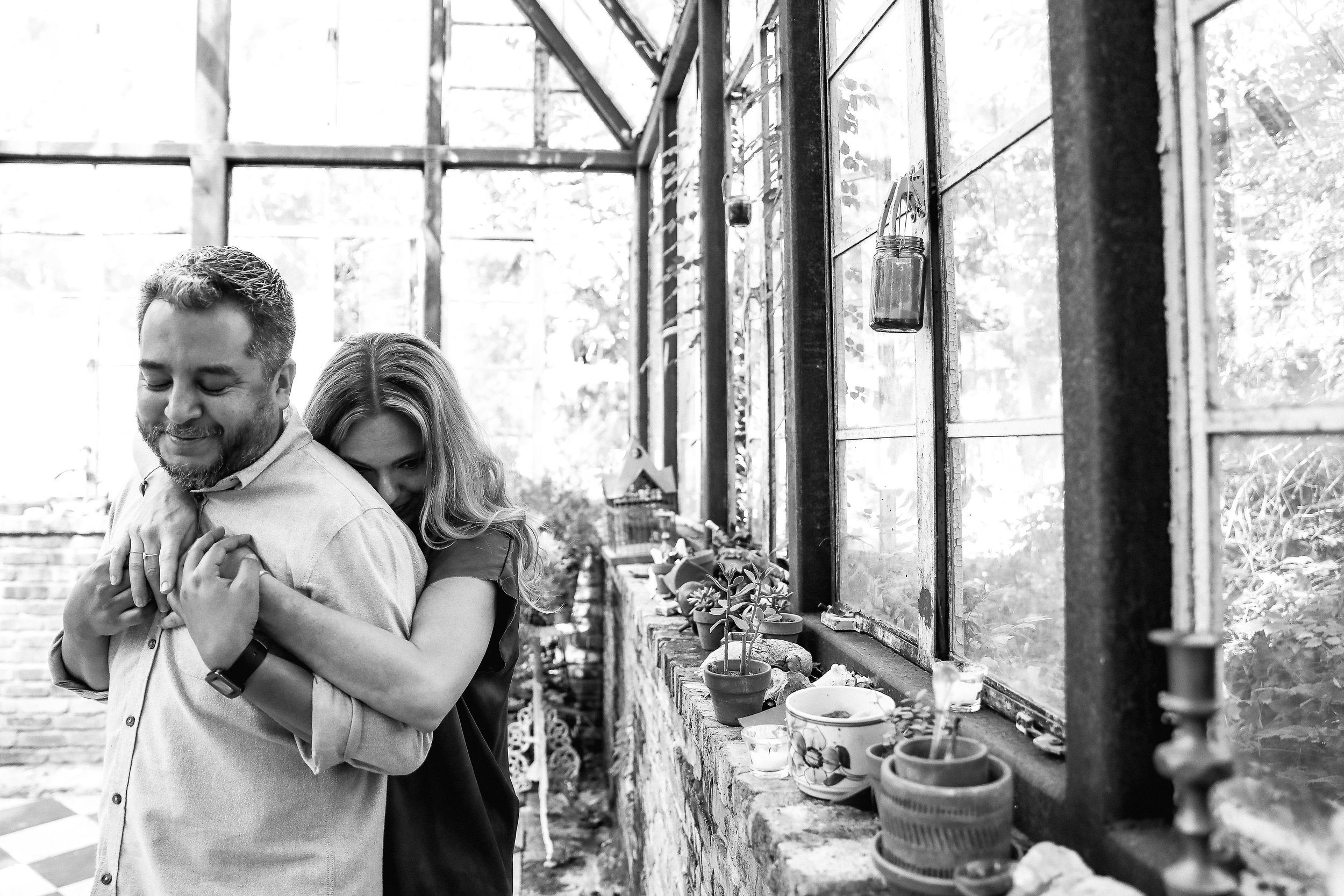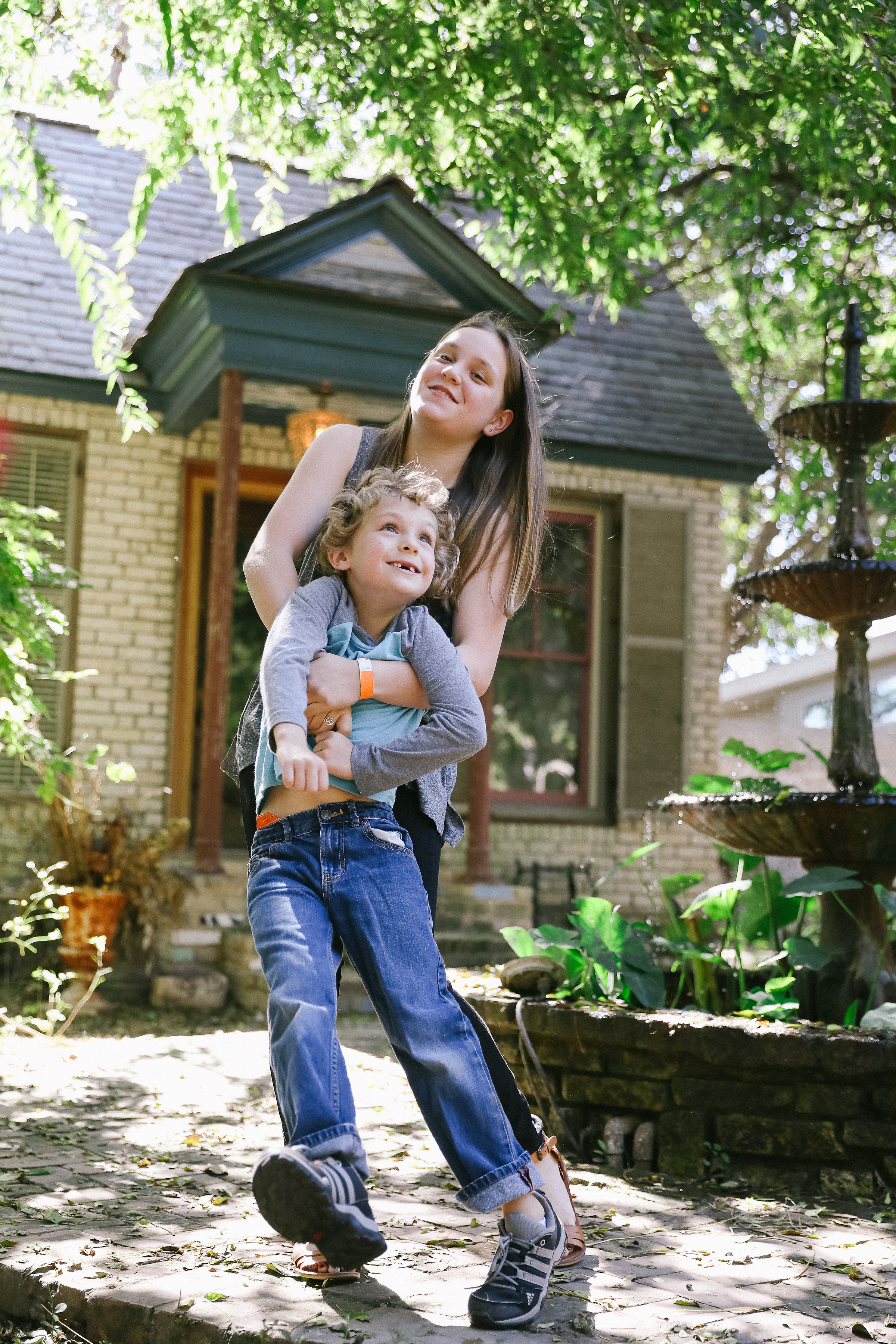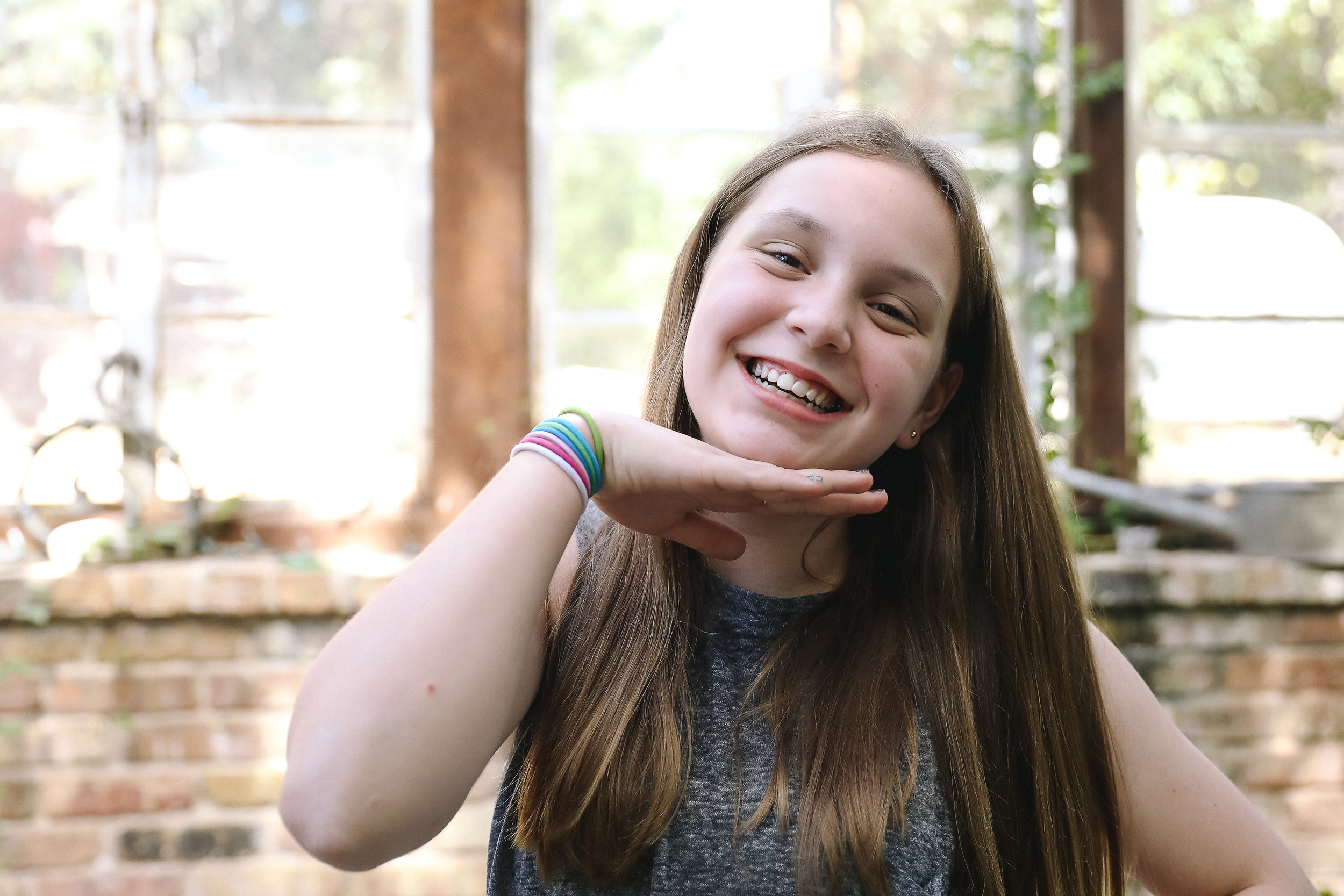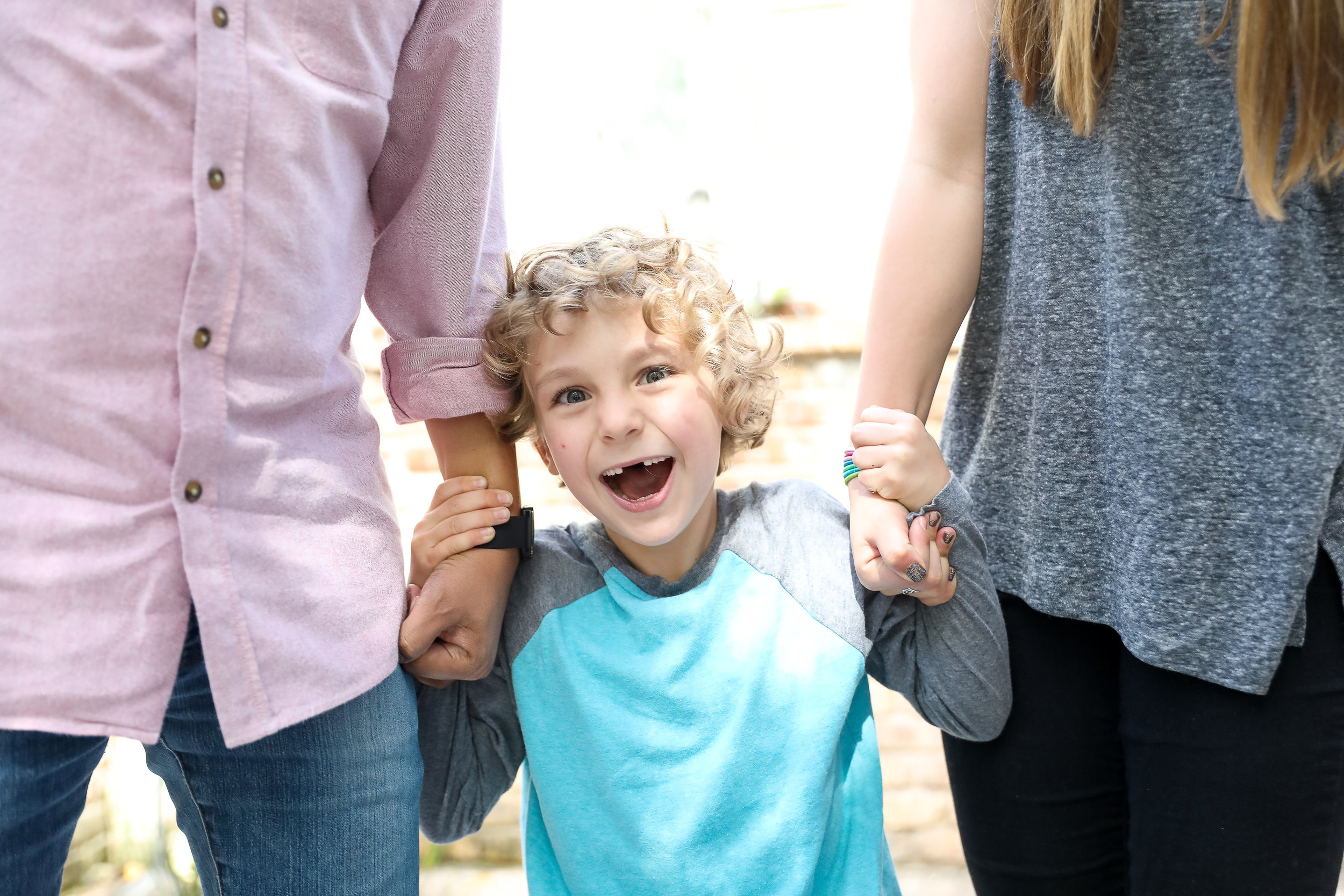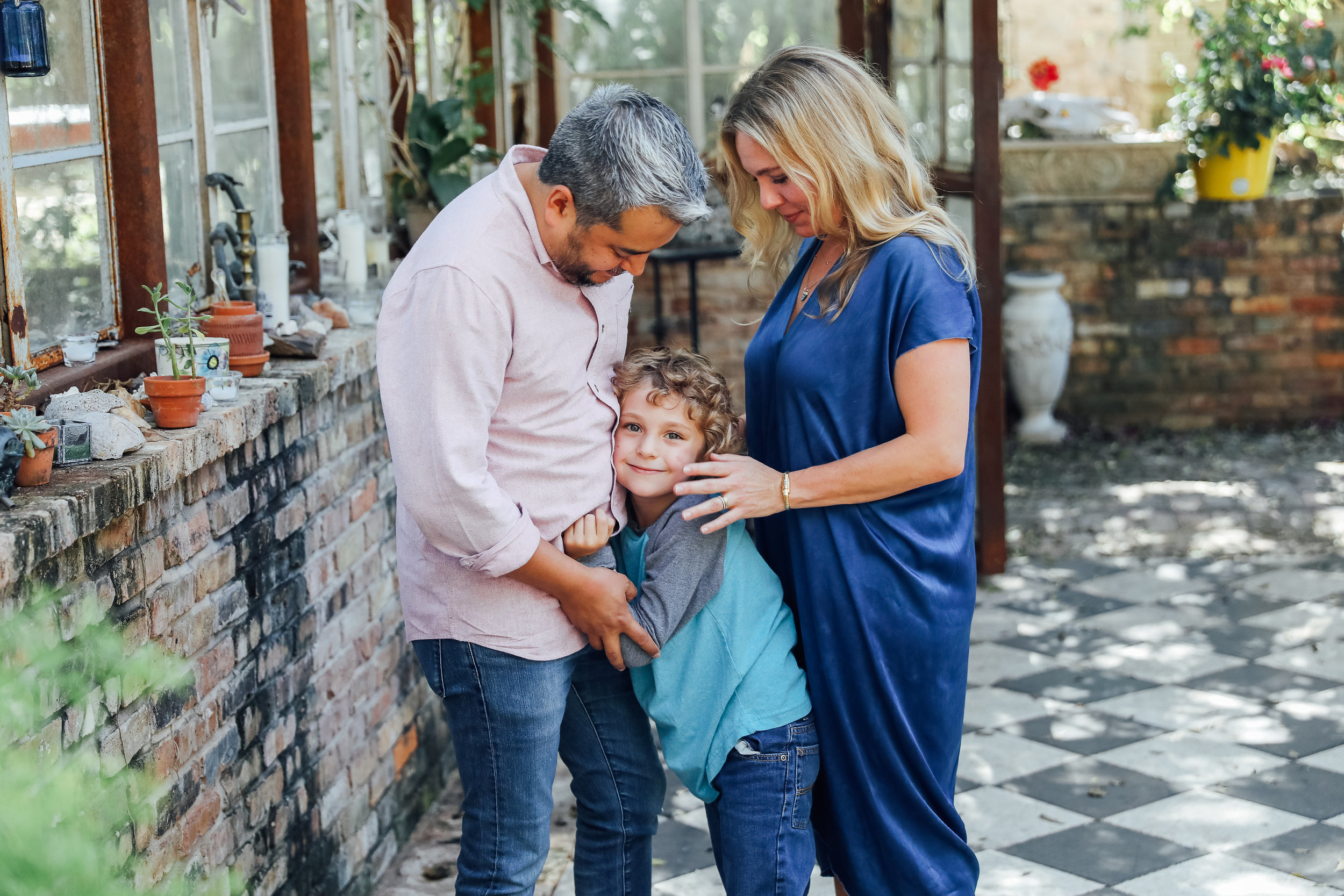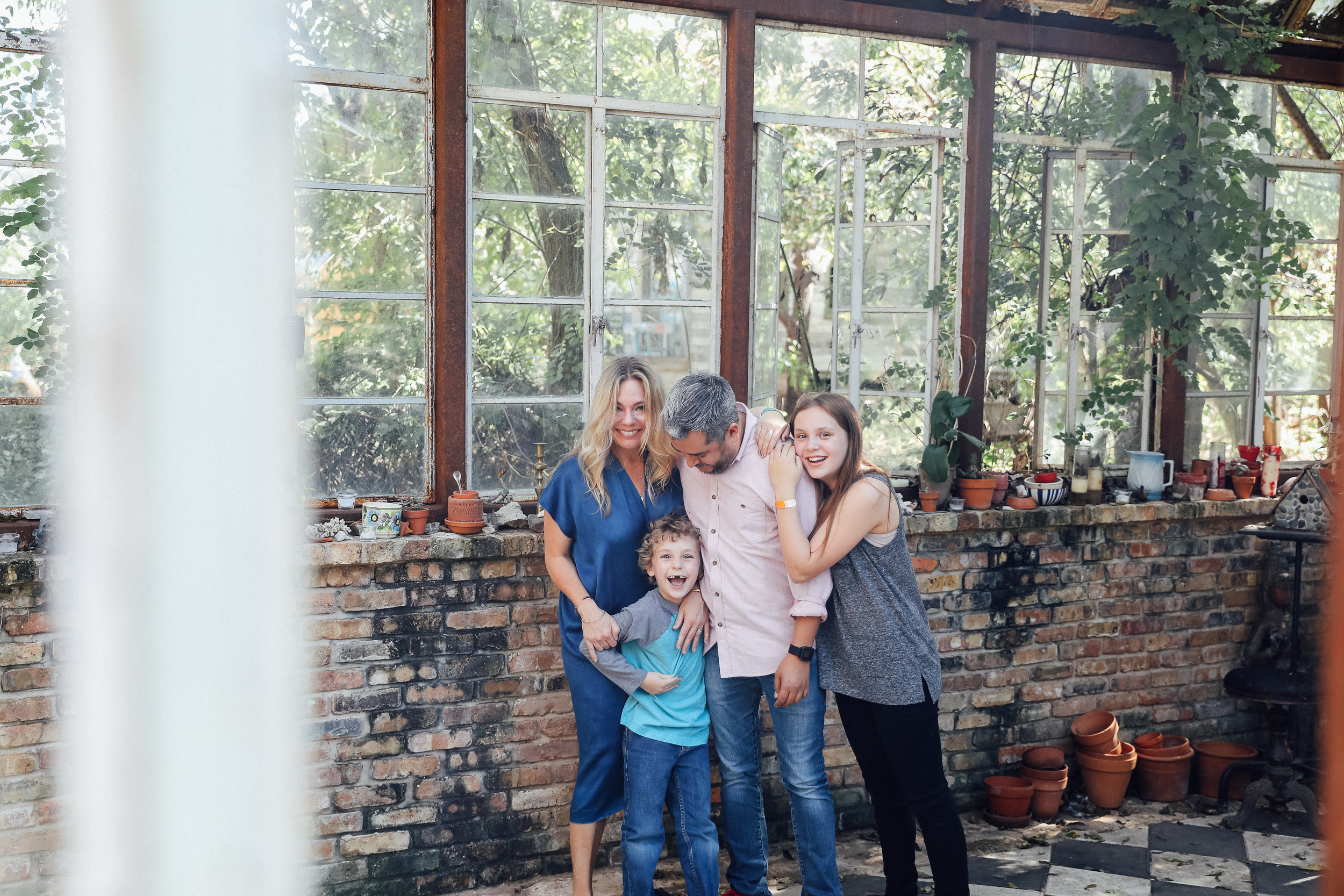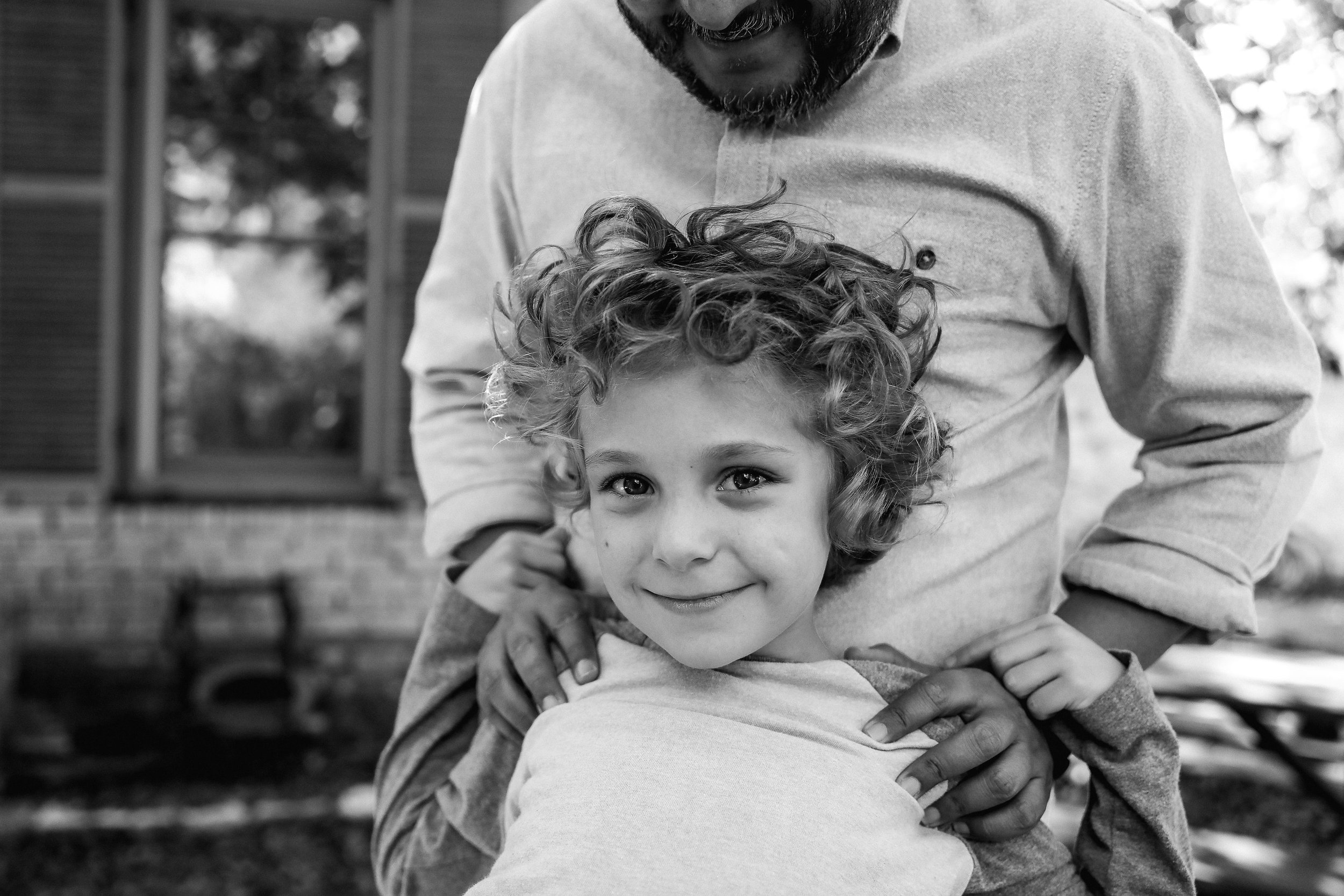I was born on the fourth of July. In the capital of Texas. Delivered by the mayor (on account of our doctor was the mayor pro-tem, and the mayor was on vacation) at Brackenridge Hospital. For the early part of my childhood, I thought the fireworks were for me. Even after a cousin disavowed me of this notion, I still knew I was special. Something about me, America, the fireworks and the homemade ice cream.
The date of my birth was a funny footnote when I won the Kiwanis club essay contest themed “What America Means to Me" when I was in sixth grade. In my essay, I (mis)quoted Voltaire: “I do not agree with a word you say, but I would defend to the death your right to say it.” (Actually Evelyn Beatrice Hall said it). I read the essay in front of a room full of civic-minded white guys (and I was BORN ON THE FOURTH OF JULY). We all felt very proud.
“American” as I am — with a Kiwanis trophy and the fireworks to prove it — I’ve never felt especially proud to be American. I certainly wouldn’t call myself a patriot. I know this indifference to being American is the luxury of being born a white child into a middle class family here. But lately, the news about the people who didn’t just get born here has me thinking about the immigrants I have known and the smudged borders that shaped me.
My mother was an accidental ESL teacher. She was a Spanish teacher, but amid the influx of refugees from Southeast Asia in the late 70s and early 80s, her administrators deputized her to teach English as a second language to classrooms full of teenagers from Vietnam, Cambodia and Laos. She had no idea what she was doing, but she was committed: a few nights every week, our little house was full of teenagers who wanted to learn.
Fast forward to my own adulthood, where I was seeing an orthopedic surgeon who was born and raised in Austin. Of course he knew the doctor who delivered me (I love to name-drop the late Dr. Dryden), but we quickly got to another unexpected connection — my mom taught ESL at the high school his surgical partner graduated from. He held up finger and said, “Wait.” A few minutes later, he came back into the exam room with his partner, a Vietnamese man in his 40s. He said, with tears in his eyes, “Your mother is Mrs. Donaho? She taught me English. And my brothers and sisters. As soon as we had enough English to work, we could get jobs to bring my parents over.”
I grew up seeing the border as a fluid, fractured, lovely place. My dad is from King Ranch country, that last flashing light before you drive down to the Rio Grande Valley. The difference between Anglos and Latinos in his childhood was a literal set of railroad tracks separating where white and brown people lived. Visiting when I was little, I’d hear people say a word that to my ear was “mohow.” It took me years of Spanish to re-hear it as “mojado” and recoil. Mohow. Mojado. Wet. Wetback. This offhand, offensive description of a group of people so closely woven into my family’s community was rooted in how they got here.
My husband is an El Pasoan, Mexican-American (and German and Japanese). Going home to El Paso with him, I feel the grounding weight and welcome of this international city. Although it’s a border city, it existed for hundreds of years before the borders were drawn. It’s a city of migrants and immigrants — whether people who move fluidly back and forth between El Paso and Juarez, temporary residents at Fort Bliss or those who’ve come seeking economic opportunity. It’s a city of cooperation — my husband points out El Paso’s geographic isolation as an important cultural and business factor in the region’s development. “If you’re gonna be El Paso del Norte, the last point of passage into the Rocky Mountains, all of you, you’re gonna have to get along.”
When the news started coming out about the families detained at the border, I felt a new wave of heartbreak and outrage. I’ve had those waves since November 8, 2016, but this was too much. Hearing the cries of those children ripped from their parents, I had the same reaction so many did. This is cruel, inhumane, un-American. I had to think again about “what America means to me,” and found myself feeling, at last like a patriot.
Patriot. A person who vigorously supports their country and is prepared to defend it against enemies or detractors.
Yes, I am ready to support my country: a country of immigrants. And vigorously defend it against enemies or detractors, even when — especially when — those enemies are the President and those who do his bidding. Defend it against the cruelty of separating families at the border, against denying people due process, against treating immigrants like animals.
Because they are humans.
They flee their countries across deserts.
They flee violence, abuse and poverty.
They are desperate. And enterprising. They are saving their own lives.
They show up at our borders, asking us for mercy. And opportunity.
They do the jobs we don’t want. For less than they should. For less than any of us would.
The human impulse to do better for our families is strong.
We used to call it the American Dream.
Help me defend it. Will you join me in an act of patriotism in honor of my (and America’s) birthday? Will you donate to the Dilley Pro Bono project to protect detained immigrant families?
https://ifundwomen.com/projects/protect-detained-immigrant-families
This project is to help with reunification and asylum claims at the South Texas Family Residential Center in Dilley, the largest in the US — far larger than the one in Karnes City. Daily, attorneys are working to help the 2,400 asylum-seekers housed there. Please read and consider a donation.
